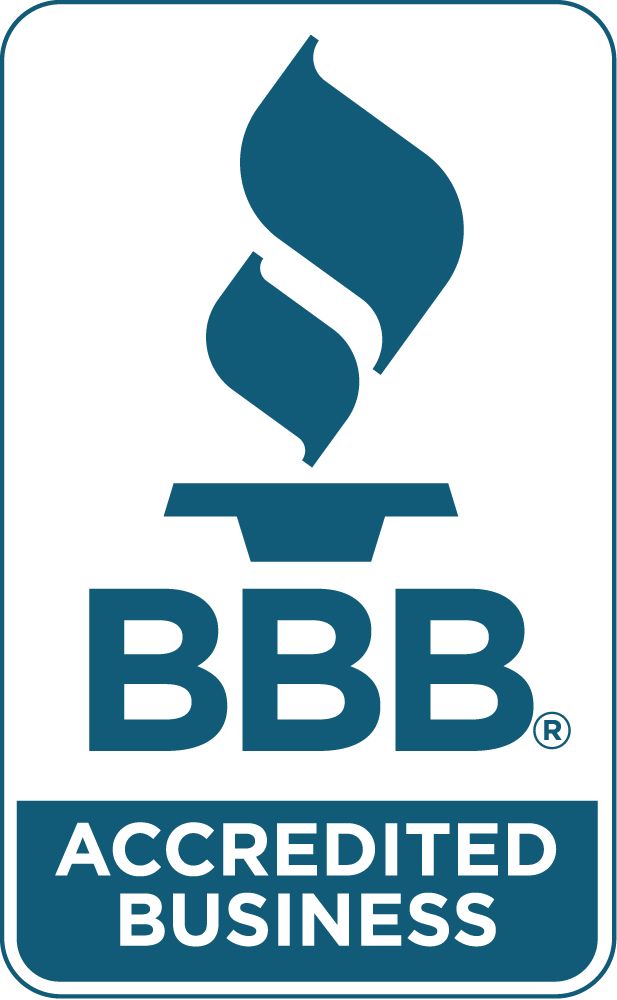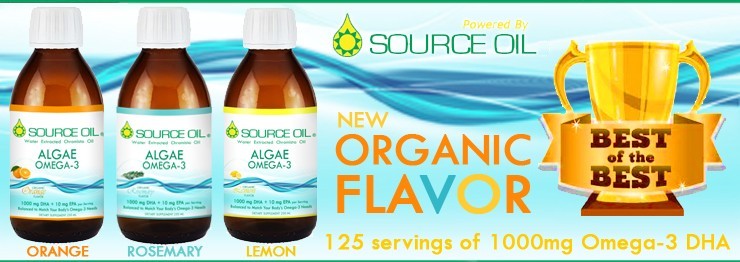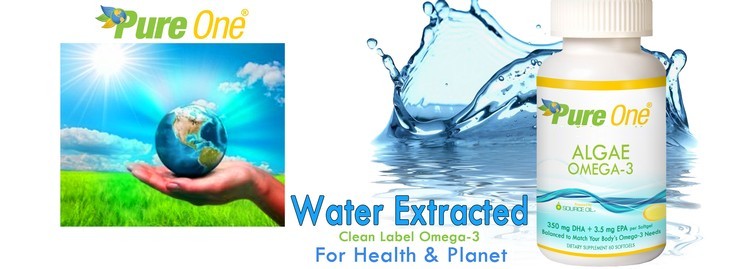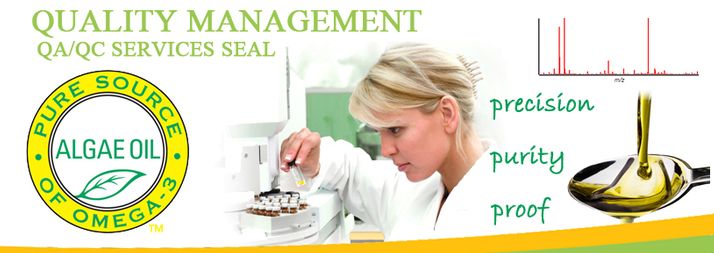
|
Source Omega Chapel Hill, NC 27516 Phone: 919-360-5275 Email info@source-omega.com |
SOURCE-OMEGA IS AN INDEPENDENTLY OWNED U.S. COMPANY ADHERING TO UNCOMPROMISING QUALITY FOR ALL CUSTOMERS SINCE 2007.
MADE IN U.S.A.
Omega 3 Benefits
Benefits of Omega-3:
Benefits of taking Omega 3s are likely with a high omega-3 index, which should be enough to convince anyone that Omega 3 supplements are worth taking.
Age Doesn't Matter
It doesn't matter when you start taking Omega-3 supplements, the benefits still accrue. However, the best age to start taking them is as children 4 years or older. If started young, low circulating omega-3s may not occur.
If you're older, you should absolutely start taking Omega-3s. It's our recommendation that you educate yourself on the requirements needed to achieve optimal circulating Omega-3s levels in your bloodstream. On average, it takes 3 months of daily supplements to achieve healthier levels of Omega-3s.
Pure One and Omega 3 Benefits

The other critical factor in determining which Omega-3 to take is the DHA/EPA balance in the Omega-3 supplement. Pure One™ is an Optimized Omega-3 supplement balanced in DHA/EPA concentrations. We can offer these balanced levels because our product is made from microalgae and not fish oil. We have control of the levels and type of oil used in our product.












